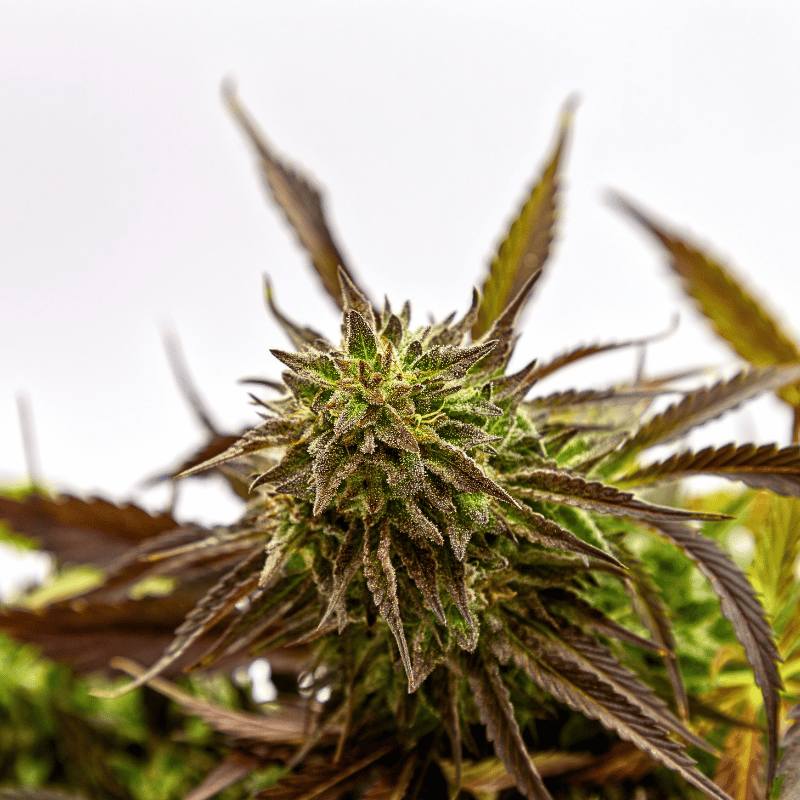In a groundbreaking development, Delaware and Minnesota have recently joined the growing list of states embracing the legalization of recreational marijuana. This marks a significant step toward the broader acceptance of cannabis in the United States, further shaping the evolving landscape of marijuana legislation. While Ohio has recently made headlines as the 24th state to legalize recreational marijuana, it is essential to delve into the distinctive legislative journeys of Delaware and Minnesota, recognizing their contributions to the dynamic national conversation surrounding cannabis.
Ohio’s Landmark Decision Sets Precedent
Ohio’s recent decision to pass Issue 2 has set a precedent for states considering the legalization of recreational marijuana. Becoming the 24th state to embrace such legislation underscores a perceptible shift in public perception and a growing willingness to challenge the existing legal status quo. This measure, initiated by statute, allows adults aged 21 and older to purchase, possess, and cultivate marijuana within specified limits.
Individuals in Ohio can now possess 2.5 ounces of cannabis in any form except extract and 15 grams of extract. Moreover, cultivation is permitted up to six plants per individual, with a household cap of 12 if multiple adults reside there. Ohio’s move reflects the changing societal attitudes toward marijuana and indicates a broader reconsideration of the plant’s uses, posing a challenge to existing legal norms.
Expanding Horizons: Delaware’s Bold Step
Traditionally cautious in its legislative approach, Delaware has taken a bold step toward the legalization of recreational marijuana. This move marks a departure from conventional views on cannabis, acknowledging its potential benefits and responding to the will of the people. Delaware’s decision aligns with other states that have paved the way for legalized marijuana, showcasing a collective shift in societal attitudes and a growing acknowledgment of the economic potential of the cannabis industry.
Delaware’s embrace of marijuana legalization is part of a broader nationwide narrative, highlighting changing dynamics in public opinion and legislative priorities. As more states follow suit, each state’s diverse approaches regarding regulation and taxation contribute to the evolving national landscape of marijuana laws.

Minnesota’s Noteworthy Departure
Similarly, Minnesota’s decision to embrace marijuana legalization is a noteworthy departure from its previous stances. This move demonstrates a willingness to explore alternative approaches to drug policy, acknowledging the changing landscape of public opinion and societal needs. Minnesota’s entry into the realm of legalized marijuana aligns with the broader trend of acceptance and legalization seen in states across the nation.
The National Landscape: Diverse Approaches to Legalization
The addition of Delaware and Minnesota to the list of states that have legalized recreational marijuana underscores the diverse approaches taken by individual states in terms of regulation and taxation. The national landscape of marijuana laws is continually evolving, influenced by the experiences and decisions of pioneering states that took the lead in the early 2010s, such as Alaska, Arizona, California, and Colorado.
States like Connecticut, Illinois, Maryland, and Missouri have followed suit, responding to shifts in public opinion and recognizing the potential economic benefits of a regulated cannabis industry. Recent additions to the list, including New Jersey, New Mexico, New York, and Virginia, further reflect the broader trend toward acceptance and legalization.
List of Legalized Marijuana States:
- Alaska – legalized in 2014.
- Arizona – legalized in 2020.
- California – legalized in 2016.
- Colorado – legalized in 2012.
- Connecticut – legalized in 2021.
- Delaware – legalized in 2023.
- Illinois – legalized in 2019.
- Maine – legalized in 2016.
- Maryland – legalized in 2022.
- Massachusetts – legalized in 2016.
- Michigan – legalized in 2018.
- Minnesota – legalized in 2023.
- Missouri – legalized in 2022.
- Montana – legalized in 2020.
- Nevada – legalized in 2016.
- New Jersey – legalized in 2020.
- New Mexico – legalized in 2021.
- New York – legalized in 2021.
- Ohio – legalized in 2023.
- Oregon – legalized in 2014.
- Rhode Island – legalized in 2022.
- Vermont – legalized in 2020.
- Virginia – legalized in 2021.
- Washington – legalized in 2012.
- Washington, D.C. – legalized in 2015.
Looking Ahead: Crafting Effective Regulatory Frameworks
The passage of Issue 2 in Ohio, coupled with Delaware and Minnesota’s recent embrace of recreational marijuana, marks a crucial juncture in the national conversation around cannabis. As more states opt for legalization, policymakers are now faced with the challenge of crafting effective regulatory frameworks that balance public safety, health considerations, and the economic opportunities presented by the cannabis industry.
While advocates celebrate these victories as steps toward progressive drug policy reform, opponents voice concerns about potential societal impacts. The ongoing debate underscores the issue’s complexity and highlights the need for a nuanced approach to marijuana legislation.
Learning from Legalized States: Valuable Insights for the Future
As the nation navigates this evolving terrain, the experiences of legalized states, including Alaska, Arizona, California, and Colorado, will provide valuable insights for those considering similar measures. The journey toward widespread marijuana acceptance is intricate and multifaceted, with each state contributing its unique chapter to this evolving narrative.
In conclusion, the recent milestones in marijuana legislation in Delaware and Minnesota mark a significant turning point in the broader acceptance of recreational marijuana in the United States. The landscape of marijuana laws is continually evolving, shaped by the unique approaches taken by individual states. Ohio’s recent landmark decision, coupled with Delaware and Minnesota’s bold steps, reflects a changing societal attitude toward marijuana and a growing acknowledgment of its potential benefits.
As the nation moves forward, the experiences of legalized states will play a crucial role in shaping the future of marijuana legislation. Policymakers, advocates, and opponents alike will closely watch and learn from the successes and challenges these states face, ultimately influencing the trajectory of cannabis acceptance across the United States.

